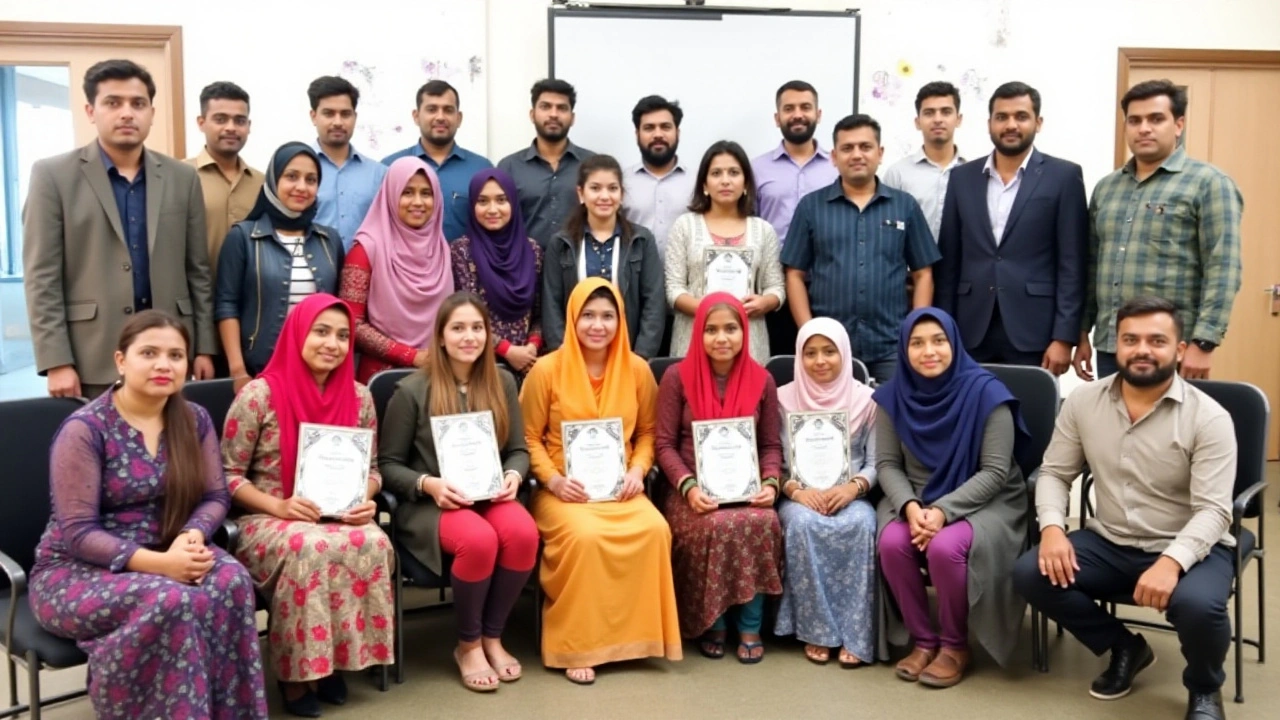Student Health Discussions: Real Talk for a Healthier Campus Life
Being a student isn’t just about lectures and exams – it’s also about keeping your body and mind in shape. From sleepless nights before a deadline to grabbing fast food between classes, the daily grind can take a toll. This page pulls together the most useful tips, tools and stories to help you stay healthy without missing a beat.
Why Student Health Matters
Good health is the foundation for good grades. When you’re rested, fed right and mentally balanced, you absorb information faster and bounce back from setbacks. Studies on campus populations show that students who exercise regularly score higher on concentration tests, and those who use counseling services report lower anxiety during finals. Ignoring these signs can lead to chronic fatigue, poor performance, and even long‑term health issues.
Practical Ways to Stay Healthy on Campus
1. Prioritize sleep. Aim for 7‑9 hours a night, even if that means setting a firm “lights‑out” alarm. Ditch the habit of scrolling on your phone right before bed; the blue light tricks your brain into staying awake.
2. Eat balanced meals. Campus cafeterias often offer salad bars, fruit stations and lean protein options. Pack a snack like nuts or yogurt to avoid the vending‑machine trap. Hydration is just as important – keep a reusable bottle handy.
3. Move your body. You don’t need a gym membership to stay active. Join a student sports club, take a quick walk between classes, or do a 10‑minute stretch routine in your dorm room. Consistency beats intensity for most students.
4. Manage stress deliberately. Try the Pomodoro technique: 25 minutes of focused work, then a 5‑minute break. Use break time for deep breathing, a short walk, or a quick chat with a friend. If pressure builds, reach out to your campus counseling center – they’re trained to help you develop coping strategies.
5. Stay connected. Social support is a powerful health booster. Form study groups, join clubs, or simply schedule regular coffee dates with friends. Feeling part of a community reduces feelings of isolation, especially during remote learning periods.
Remember, health isn’t a one‑size‑fits‑all checklist. Test different habits, track what works, and adjust as your schedule changes. The goal isn’t perfection; it’s steady improvement that fits your student lifestyle.
If you’re looking for more detailed guides, check out our other articles on mental‑health resources, nutrition hacks for tight budgets, and workout plans you can do in a dorm hallway. Each piece is written with the same straightforward tone, so you can apply the advice without wading through jargon.
Finally, don’t forget to celebrate small wins. Completed a week of consistent sleep? Treated yourself to a favorite healthy snack? Those victories add up and keep you motivated for the next challenge.
Student health discussions are a conversation, not a lecture. Keep coming back, share your own tips, and let the community grow stronger together.




